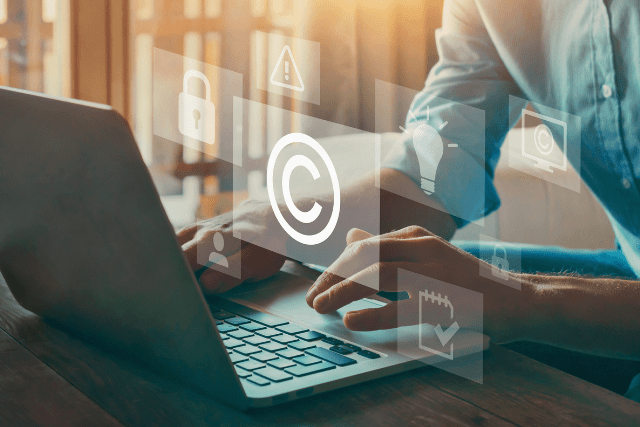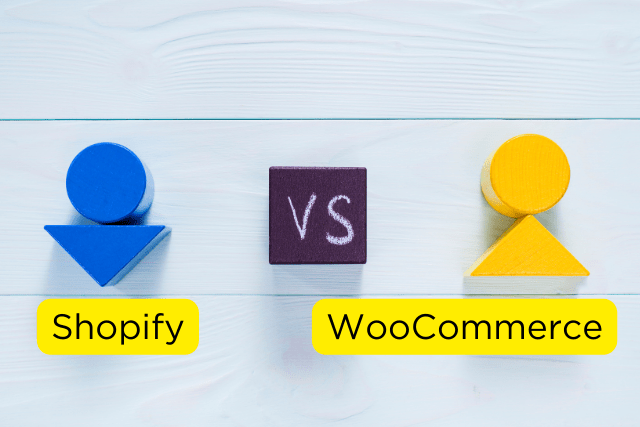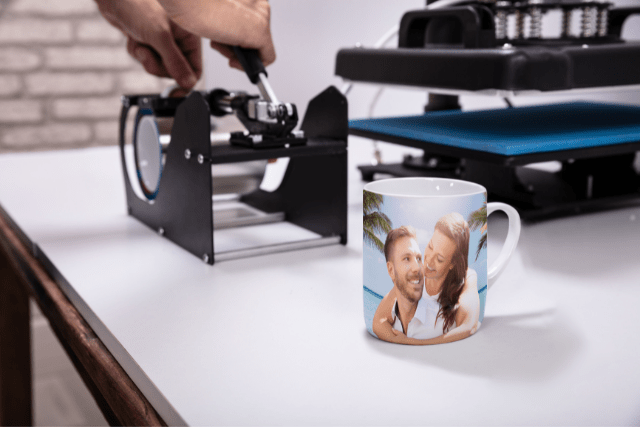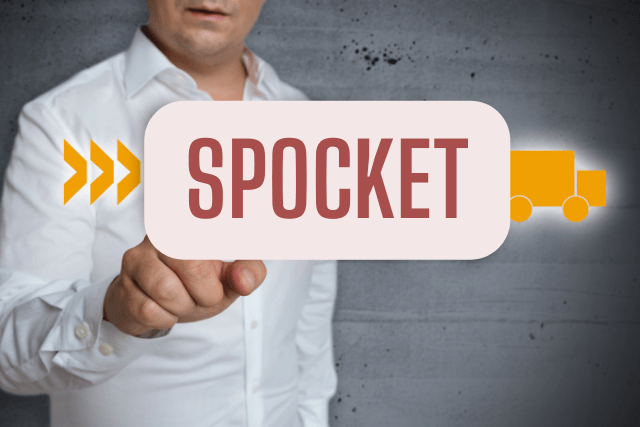Just like the famous story of Achilles and his weak spot, your dropshipping business has a sensitive area too: intellectual property (IP) rights.
It’s really important to keep your IP safe in today’s online world where your ideas and brand can be as important as the things you sell. You need to figure out what your IP assets are, learn the basics of IP law, and go through the steps to register your trademark. This helps protect your business properly.
But there’s more to it. You also need to stay away from doing anything that could infringe on someone else’s rights and work on building a strong brand.
This article will help you learn how to keep your business safe from threats and make sure your IP is a strong point in the competitive world of dropshipping.
Key Takeaways
- Identify and protect your dropshipping brand’s IP assets, including logos and original content.
- Register trademarks to safeguard brand identity and avoid infringement risks.
- Establish clear supplier agreements to ensure quality and legal coverage for your products.
- Monitor and enforce IP rights to prevent unauthorized use and navigate international IP laws effectively.
Understanding IP Law Basics
Before we get into the thick of dropshipping and intellectual property (IP), let’s break down IP law basics. When you’re mixing creativity with business, it’s super important to know your legal stuff. IP law is here to make sure your cool ideas and creations are protected.
This means you get to call the shots on how your inventions or designs are used and can make money off them. It’s like having a protective bubble around your brand’s special stuff, like a unique logo or an original product.
Getting the hang of IP law is not just about keeping your stuff safe; it’s also about moving through the business world with more confidence. You’ll come across different kinds of IP – trademarks, copyrights, patents, and trade secrets.
Trademarks are all about keeping your brand’s identity safe, copyrights protect your original works (like articles or music), patents are for your inventions, and trade secrets keep your secret sauce, well, secret. Knowing what each of these does helps you play your cards right in the business game.
When you step into dropshipping with a good grip on IP law, you’re more ready to make smart choices, dodge legal troubles, and grab new changes quickly. It’s not just about following rules; it’s about building a business that’s all about fresh ideas and can stand strong against the competition. Get the basics of IP law down, and you’re on your way to creating a business that’s truly yours, without being held back.
Identifying Your IP Assets
When starting a dropshipping business, it’s super important to figure out what parts of your business are protected as intellectual property, or IP for short. This step helps keep the special things about your business safe from competitors. Your IP assets are like the heart of what makes your brand stand out and the secret to doing well.
Things like your brand name, logo, and the unique look of your website are part of your IP assets. These aren’t just pretty pictures; they’re key in showing off what your brand is all about. Also, any original content you make, like blog posts, product details, and ads, are protected as IP. This content shares your brand’s story and helps you connect with people in a meaningful way.
Trademark Registration Process
Want to keep your dropshipping business’s brand name and logo safe? You need to register your trademark. Here’s an easy guide to help you out.
Start by checking if your trademark isn’t already taken or too similar to others. This step is super important to avoid any problems later.
Then, fill out and send in your application. You’ll need to share details about your trademark, such as what products or services it will be used for. Make sure you’re clear and accurate to prevent delays.
Your application will be checked by someone. If there are any issues, you might have to explain your side or make some changes. It’s important to stay on top of things and reply quickly during this part.
If everything goes well, your trademark will be shared publicly for a short period. This is when others can say if they think there’s a problem with your trademark becoming official. If no one objects, your trademark gets the green light, and you’ll have the sole right to use it for your business.
Avoiding Infringement Risks
To keep your dropshipping business safe from legal troubles, it’s important to watch out for any intellectual property (IP) issues early on.
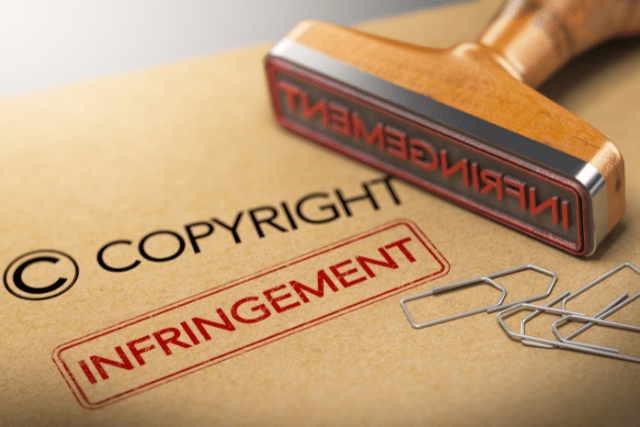
Putting in place steps to avoid using someone else’s IP without permission is key. This not only protects your business but also helps your brand stay respected in the market.
Identifying Potential IP Conflicts
Spotting possible IP (intellectual property) issues early can save dropshipping businesses a lot of trouble and money. You want to run your business smoothly without getting caught up in legal problems. It’s important to check the products and brands you work with carefully. This helps you avoid accidentally using someone else’s work without permission.
Here’s what you should do:
- Trademark Search: Make sure the names or logos of your products aren’t already claimed by someone else.
- Patent Examination: Check if the products you’re selling have patents. If they do, you need permission to sell them.
- Copyright Check: Make sure you’re not selling fake items and that you respect the original creator’s work.
Implementing Protective Measures
Once you find out there might be IP (intellectual property) problems, it’s important to protect yourself to avoid legal trouble. Start by making sure you have good agreements with the people or companies you get your products from. Make sure they promise that the things you’re selling don’t break any IP rights of others. This is very important because it helps keep you safe from legal issues.
Then, make sure to trademark your brand. Your brand is not just a logo; it represents who you are and protects you in the business world. Always keep an eye out for anyone who might be using your IP without permission. If you see someone doing this, don’t wait around. Taking legal action or sending a cease and desist letter can often stop them right away.
Crafting a Strong Brand Strategy
Building a strong brand strategy is key if you want to stand out when selling products online, especially with dropshipping. It’s not just about the products you sell, but the whole vibe and lifestyle you’re offering.
To hit the mark with your target customers, you need to get what they’re looking for and what bothers them. Start by figuring out how your brand talks and its personality. It could be fun, serious, or bold, but make sure you keep it the same across all your messages to make a lasting impression.
Next up, think about how your brand looks. Your logo, the colours you use, and your website design should all fit together to tell your story. Using high-quality pictures and having a website that’s easy to use is super important to make people trust you and see you as a pro.
Social media is more than just a place to sell your stuff; it’s where you can really show off what your brand is all about and chat directly with your customers. Use it to share good things people say about you, give a peek into the behind-the-scenes, and talk to customers straight away when they have something to say.
IP Agreements and Contracts
After you’ve got your brand plan all set, it’s really important to think about the legal stuff, like IP agreements and contracts, to keep your brand and products safe in the dropshipping world. These papers make sure your original ideas stay yours and help you work smoothly with the people who supply your products.
Here’s a bit about what each agreement does:
- Non-disclosure Agreement (NDA): This keeps your secret sauce safe. It means the people you’re working with can’t spill the beans about your brand plan or what makes your product special.
- Intellectual Property (IP) License: This one lets others use your brand or product, but only in ways you’re okay with. It’s about keeping control over how your brand and products get out there.
- Supplier Agreement: This agreement is all about the details of getting your products, like how good they have to be and making sure you always have enough for your customers. It’s there to make sure your customers are happy with what they get.
Getting these agreements just right is super important. You’ll probably want to get some help from someone who knows all about the legal side of things to make sure everything’s covered and your brand stays safe.
Doing this means you’re not just keeping your business safe; you’re also building a strong base for it to grow and do well, even when there’s a lot of competition. Remember, these agreements are like your brand’s armour, keeping its identity and the quality of your products safe.
Monitoring and Enforcing IP Rights
Protecting your brand’s hard work means keeping an eye out and making sure no one else is using your creations without permission. Here’s a simple way to watch over and defend your brand:
- Do Regular Checks: Use tools and services online to look for any unauthorized use of your trademarks, designs, and patents. This helps you catch any copying early on.
- Set Up Notifications: You can get automated messages that tell you when someone might be using your stuff without permission, so you can deal with it fast.
- Hire Experts: Think about getting help from experts who know how to watch for these issues everywhere, even in different countries. They can make sure nothing gets missed.
- Act Fast: If you find someone using your work without permission, don’t wait. Send them a letter telling them to stop, report them to online shops, or even take them to court if you have to.
Just remember, keeping your brand safe means being alert and ready to act when you need to.
Navigating International IP Law
When you grow your dropshipping business in other countries, it’s super important to get the hang of the basic rules of international IP law. Going global means you’ll run into different kinds of IP challenges that you don’t see at home.
You’ll need special plans to make sure your business is safe and respects these laws everywhere it goes. Learning about this stuff helps keep your business smooth sailing and your hard work protected.

Global IP Law Basics
When you’re starting a dropshipping business, it’s super important to know about international IP (intellectual property) law. This means understanding the rules about who owns different kinds of ideas and designs in different countries. Here are the basics you need to remember:
- Trademark Laws are all about making sure your brand name or logo doesn’t step on anyone else’s toes in the places you want to sell. Each country has its own rules, so you need to check carefully.
- Patent Protection is for when you come up with a new invention or product. If you want your invention protected in different countries, you have to apply in each one. There’s no one-stop-shop for patents.
- Copyright Laws help protect creative work like writing, music, and art. Luckily, most countries agree to protect these automatically to some degree. But, the fine print can change from place to place, affecting how you can use others’ work.
- Design Rights are important if your products look unique. This protection also changes a lot depending on where you are, so it’s something to think about.
Knowing these key points helps you avoid trouble and keeps your dropshipping business running smoothly.
IP Challenges Abroad
Getting a handle on the basics of global IP law helps you face the challenges of applying these rules to your dropshipping business in different countries. You’re entering a complex world where rules change depending on where you are.
Here’s a simple guide to help you out.
| Country | Main Challenge | Why It’s Important |
|---|---|---|
| China | Hard to enforce | Lots of fake goods |
| USA | Laws differ in each state | Many different rules |
| European Union | Rules change in each country | Rules aren’t the same everywhere |
To keep your dropshipping business safe and legal across the world, you need to know the specific IP challenges in each country. It’s not just about following the law; it’s about making sure you can grow your business without legal problems slowing you down.
Effective Enforcement Strategies
To keep your dropshipping business safe from people copying your ideas in different countries, you need to follow a few steps carefully. Here’s how you can do it without getting lost in complicated legal stuff:
- Register Your IP: Make sure you officially claim your trademarks and patents in important markets. Think of it as calling dibs on your ideas. This move is your first shield.
- Monitor and Enforce: Use smart tools to keep an eye out for anyone using your ideas without permission. If you find someone, act quickly to stop them by using your rights.
- Local Laws: Get to know the rules about protecting ideas in each country you do business. Every place has its own set of rules.
- Work with Experts: Find lawyers in those countries who know their stuff. They can help you navigate through the legal maze much easier.
Conclusion
Protecting your dropshipping IP (Intellectual Property) is super important for keeping your business strong and successful. You need to get a good grip on IP law, figure out what parts of your business need protection, and make sure you’ve got your trademarks registered.
It’s also crucial to steer clear of stepping on anyone else’s copyrights or trademarks, build a strong brand, and have tight agreements that protect your IP. Always keep an eye out and defend your rights, especially if you’re selling to customers around the world.
Stay up-to-date, keep your IP safe, and your business is set to do well.

